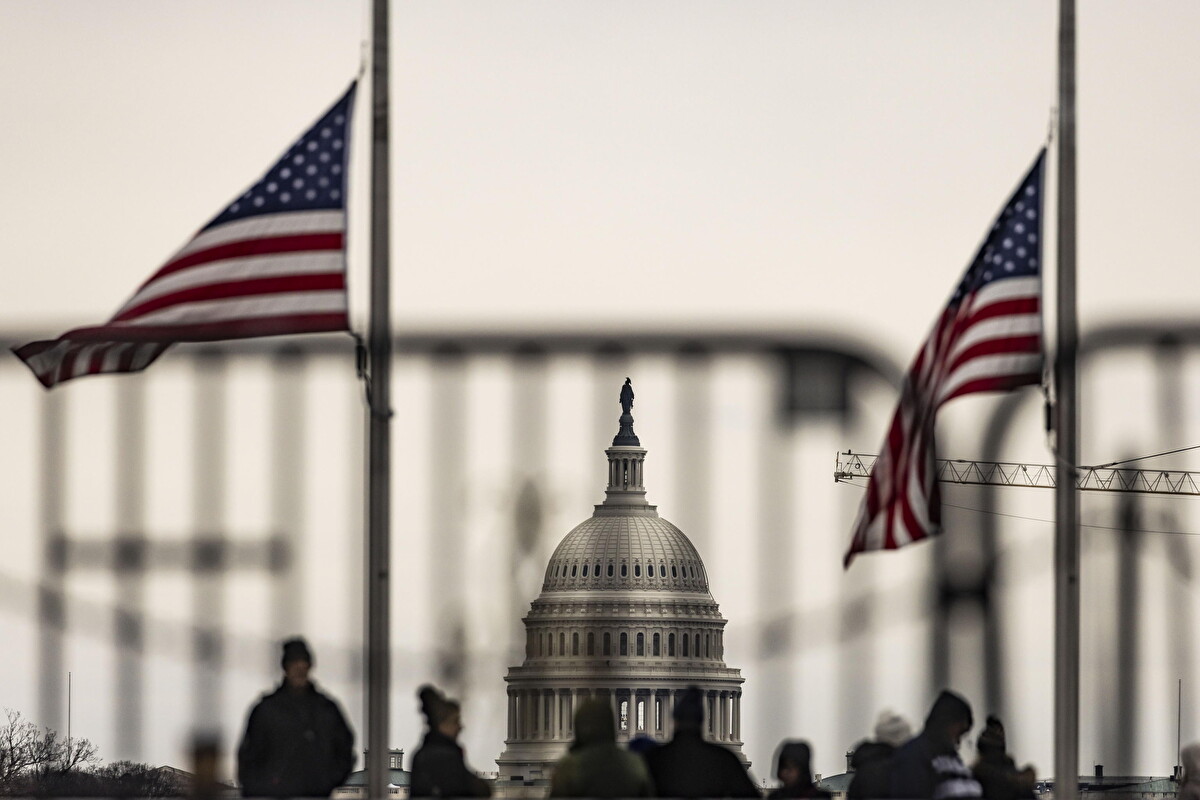The Supreme Court has upheld the law banning TikTok in the United States. Under the rule, passed last April by Congress in a bipartisan vote, if the platform were not sold to other non-Chinese owners before Sunday, January 19, it would be suspended. And so it will. Not even President-elect Donald Trump, who will enter the White House on Jan. 20 and had asked the Supreme Court to postpone the ruling until after he takes office, will be able to object.
TikTok’s administration, along with a group of content creators who use the platform as a major source of revenue, opposed the congressional veto and had taken the case to the Supreme Court arguing that the law went against the First Amendment. But the justices wouldn’t hear of it: “The challenged provisions further an important government interest unrelated to the suppression of free expression and do not burden substantially more speech than necessary to further that interest. There is no doubt that, for more than 170 million Americans, TikTok offers a distinctive and expansive outlet for expression, a means of engagement, and a source of community. But Congress has determined that divestiture is necessary to address its well-supported national security concerns regarding TikTok’s data collection practices and relationship with a foreign adversary.”
As soon as TikTok gained popularity, the United States studied the application and warned that it was providing data to China and thus becoming a “national security threat.” For the past few years, state after state, including New York, has banned all government employees from using the platform.
TikTok will be deleted from the U.S. app store and will stop working. Reuters reported that when users try to open the app, they will instead see a pop-up message directing them to a website with information about the new law. Many have already taken steps to download their videos and upload them to other platforms, such as RedNote, which works similarly to TikTok and is also Chinese-owned.












